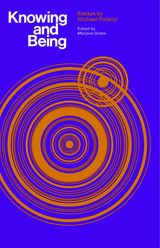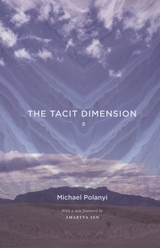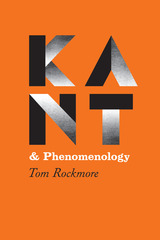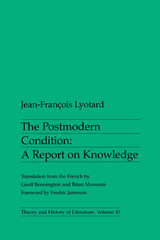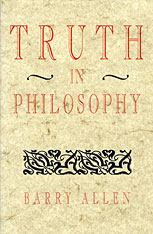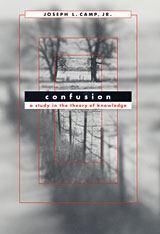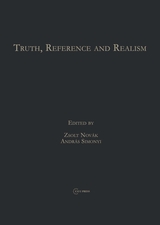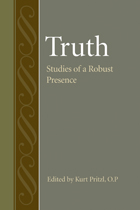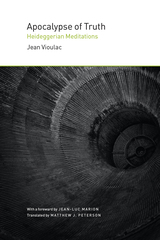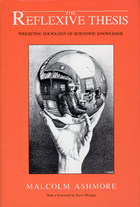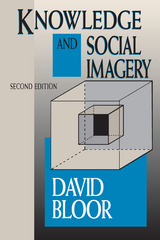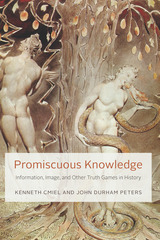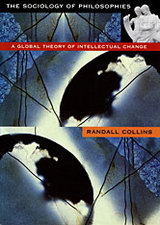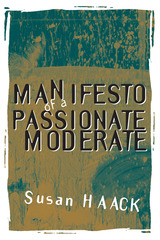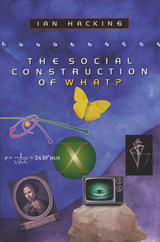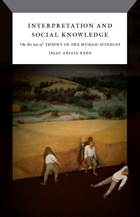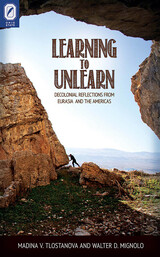Paper: 978-0-8166-0998-7
Library of Congress Classification BD171.K55
Dewey Decimal Classification 121.63
Certainty was first published in 1981. Minnesota Archive Editions uses digital technology to make long-unavailable books once again accessible, and are published unaltered from the original University of Minnesota Press editions.
Philosophers have traditionally used two strategies to refute the sceptical that empirical knowledge is not possible because our beliefs cannot be adequately justified. One strategy rejects the sceptics' position because it conflicts with the supposedly obvious claim that we do have knowledge. The other defends an analysis of knowledge limited to a weak set of necessary and sufficient conditions of knowledge or limited to a set of conditions specifically designed to be immune to sceptical attack.
In Certainty: A Refutation of Scepticism, Peter D. Klein uses a third strategy. He argues that scepticism can be refuted even if it is granted to the sceptics that knowledge entails absolute certainty. The argument for his thesis has two parts. He identifies the various types of scepticism and shows that the arguments for them depend upon epistemic principles which, when examined carefully, are unable to support the sceptical conclusions. Klein then argues — contrary to the views of most nonsceptics—that knowledge entails certainty and that some empirical beliefs are absolutely certain. In the course of his argument Klein develops and defends an account of justification, knowledge, and certainty. The result is a theory of knowledge based upon a model of justification designed to be acceptable to sceptics, nonsceptics, foundationalists, and coherentists.See other books on: Certainty | Refutation | Scepticism | Science | Skepticism
See other titles from University of Minnesota Press

